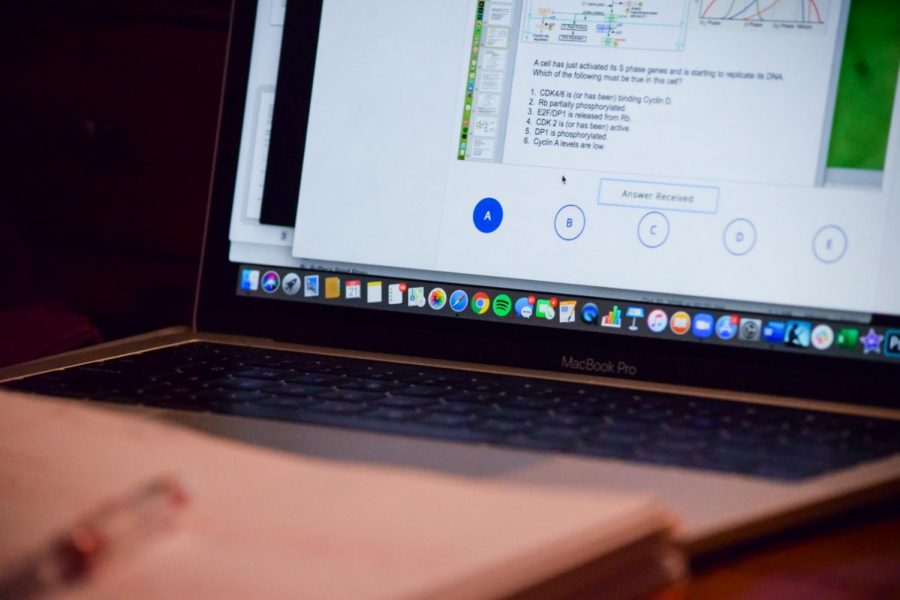As the coronavirus pandemic rages around the world with no signs of stopping any time soon, many of us might be wondering: What will higher education look like in the future? The high value of higher education and university life is created not just by the extensive academic and career opportunities, but also by the immersive and social experiences that come from being on campus. Everything from chatting with peers in the dining commons to cheering at hockey games make university life memorable.
Of course, we can’t do any of that now and students regret the change. A nationwide survey conducted by Top Hat on nearly 3,000 students in which the majority of the survey respondents were first and second year college students shows that over 85 percent of the students said that they “miss the face-to-face interaction with faculty and the social experience with other students and want to return back on campus.” But is this still a possibility in today’s world? The same survey also shows that respondents are finding online education stressful to cope with and are not satisfied with the mental and academic support they are getting online. So, another question that arises is: how are universities going to make online courses more engaging and inclusive in these unprecedented times?
In an episode of his Patriot Act series earlier this year, Hasan Minhaj said, “No one has a clue what college will look like in a year. So, if you are about to go to college or are in college, or a parent, you are probably still wondering, is college still worth it? What are you actually paying for?”
Furthermore, with many college students taking classes remotely, the real question is whether students or parents will still be willing to pay an estimated annual tuition of $40,000 at a private university for what is essentially an online degree — which, in normal times, can be done at a lower cost than an in-person degree. Hassan Minhaj digs deeper and says that the majority of universities are replacing tenured professors with cheaper options and Teaching Assistants — graduate students who are paid to teach undergraduate students. With this, Minhaj brings into question whether universities are still providing quality education to students. Universities have to realize that simply delivering course materials through digital platforms is not the best way to educate and shape students.
So how should colleges adapt to this new reality? Ben Nelson and Diana El-Azar from the Minerva Project give some valuable insights on how higher education will change in the years to come. They say that “those [institutions] that view Covid-19 as a temporary blip, and revert to traditional ways when it’s over, are unlikely to survive as they won’t be able to withstand financial pressures as enrollment rates drop.” They predict that higher education will be based on blended learning, a mixture of in-person, location-based programs, experiential teaching and the flexibility of both synchronous and asynchronous virtual learning.
Nelson and El-Azar are also pressing institutions to adapt a student-centric learning model, which refers to a wide variety of educational programs that are intended to address the distinct learning needs, interests and backgrounds of students. This will help deliver core concepts simply and make it easier for students to grasp and retain knowledge in their own way. Using endowment funds to develop engaging discussion forums would be an example of enhancing student-centric learning programs. They also predict that there will be a rise in public-private partnerships, enabling governments and universities to create a learning ecosystem that will ensure student participation, provide assessment tools, counseling services and most importantly give students real-world experiences through an innovative curriculum. Such a model will reduce student expenses, preventing them from falling into debt.
Many of these might turn out to be permanent changes. As much as we might like for college to go back to what it was before the pandemic, we should accept the fact that higher education may never be the same. Amidst all the uncertainty and disappointment of having to spend some of our semesters online, we must understand that in the end, we’re all in this together. All we can do is try to make the most of our new reality.
Pranav Pallavalli can be reached at [email protected].



















